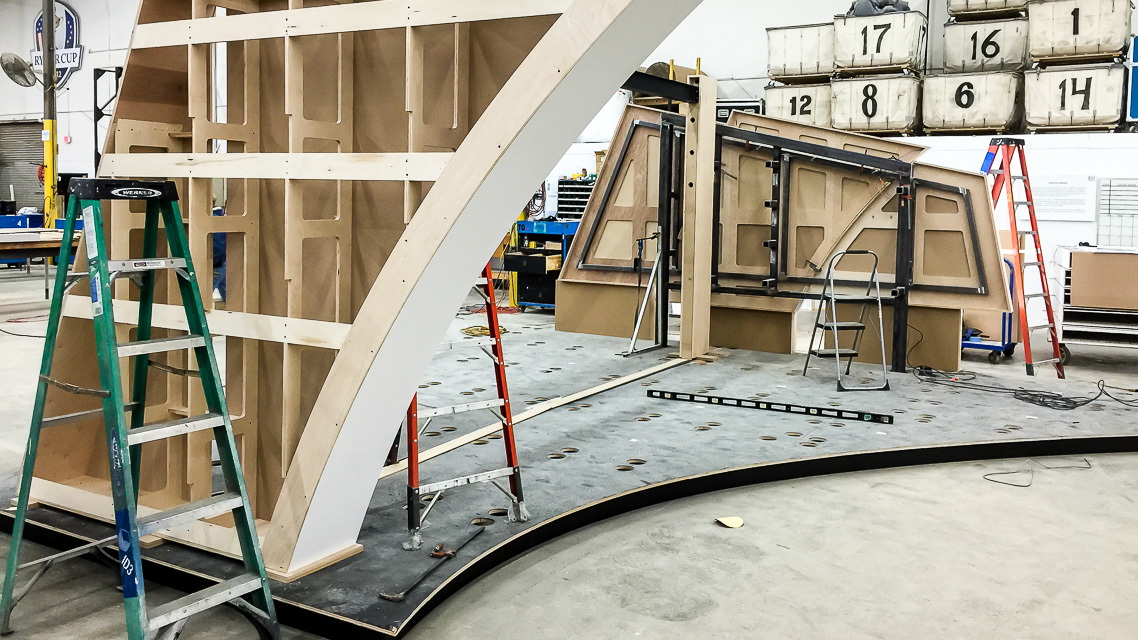Numerical advantage: How virtual accounting saved Australia in business enterprise – Basic – Solutions
We have generally recognized digitalisation would remodel finance, but it took a pandemic for the evidence.
Australia’s accounts and finance departments embraced digitalisation and virtual means of doing work when it mattered most, assisting shepherd enterprises by the worst of the past year.
As CBA notes in its most new accounting industry pulse, “Accounting companies continue to perform a important position in encouraging firms navigate operating ailments as we arise from the pandemic. That’s fuelling sturdy demand from customers which in turn has underpinned a extraordinary rebound in assurance.“
If a perfectly-run finance operation was crucial to business just before the pandemic, it is even more crucial now.
The genuine-time info that present day, digital accounting allows much better prepares management to control advancement and tackle long term worries, supplying critical direct time in which to adapt and improve path and refocus sources. In a recovery-fuelled sector, predicting possibilities better than other individuals will likely lead to a aggressive edge.
By contrast, when providers acquire months to shut the textbooks, so considerably time passes that information may possibly no longer be accurate or suitable, curbing the precision of conclusions it shapes.
A new digital footing
CBA estimates that about 50 % of all accounting companies efficiently weathered the disruptive issues of the previous yr, and thus have been very best-positioned to assist their have purchasers by way of a complicated time.
A person of the main problems faced by finance and accounting employees was closing their financial year textbooks entirely practically.
A digital near is the successful checking and execution of period of time-conclude monetary close procedures in a distributed ecosystem. It is obtained when your accounting and finance groups have the know-how they want to perform all their pursuits and tasks virtually, without the need of needing to be physically current in the office. Accounting and finance teams experienced to be capable to collaborate from any where, unify info and procedures across disparate techniques, even though not sacrificing visibility and reporting on their activities.
In accordance to CBA’s figures, 57% of firms “experienced a reasonably smooth transition to remote doing the job and electronic shipping and delivery of providers to clients”.
This is encouraging, for two good reasons.
Very first, it displays that virtual accounting tactics and equipment are last but not least acquiring critical mass in conditions of adoption, immediately after a significant interval of below-utilisation.
Exploration even past yr declared this kind of digitalisation in accounting to be a gradual system “If this had been a teach, it would be hardly shifting,” a single report hypothesized.
That is probably to be an around-exaggeration a CPA Australia report found that “while the speed and scale of modify has greater, hence much the accounting job has mainly held rate with technological development.” In actuality, our have exploration validates this, with CFOs and controllers telling us the pandemic has established a renewed urgency all over electronic transformation and investment in know-how. Close to a 3rd (32%) of those people surveyed stated developments around the last yr have designed men and women at their business benefit real-time entry to money knowledge additional and a comparable number (31%) explained there is now far more urgency to redesign main organization processes.
At the exact time, just over a third (34%) are thinking about implementing or scaling automation solutions to support raise the precision and trustworthiness of their organisation’s fiscal information. It’s obvious that there is nonetheless significant option to improve, and that applies to all functions, no subject how state-of-the-art they are in their journeys. Companies now recognise the critical part economic information has to participate in in informing business enterprise system and continuity, inadequate visibility and a absence of accessibility to genuine-time info is hindering companies’ skill to answer to volatile market modifications.
For the 43% of corporations in the CBA report whose electronic transition all through COVID-19 was bumpy, the means now to benchmark against leaders in the area presents possibility and impetus to capture up. And for the remaining 57%, there’s a probability to mattress down gains and solidify digital procedures and tactics, bettering exceptional issues like “communication and collaboration” and “technology and infrastructure”.
A permanent move forward
It is also worthy of noting that virtual accounting has built leaps and bounds on the back of lengthy-sought simplification to and easing of regulations and procedures.
For stated providers, this incorporated the means to have economical statements audited and to operate shareholder conferences pretty much. There were being also federal and condition-based changes that permitted paperwork to be signed, co-signed or witnessed virtually, working with e-signature technology.
It took a pandemic to thrust digital technology to the forefront of the regulatory and coverage agenda, but ongoing acceptance is critical to lifting adoption across finance and accounting functions.
Some adjustment even now needed
With enterprises even now confronted with sizeable uncertainty, forecasts and assumptions for the coming yr and past are continue to probably to require some on-the-fly adjustments.
These that can close nearly with self esteem have the gain in this regard. A genuine digital near is when somebody can develop a fiscal assertion at any time, so they have the ability to do actual-time evaluation.
Actual-time obtain to accurate and detailed working details equips determination makers to achieve revenue targets and improved handle bills.
Claudia Pirko is ANZ Regional Vice President at BlackLine.





